OSAKA, Sept 10 — Tenaga Nasional Bhd (TNB) underscored Malaysia’s commitment to achieving net zero emissions by 2050 and highlighted its role in advancing ASEAN energy integration during Energy Week at Expo 2025 Osaka, held at the Malaysia Pavilion.
TNB president and chief executive officer Datuk Ir. Megat Jalaluddin Megat Hassan said its participation from Sept 8-12 focused on two priorities, sharing Malaysia’s journey towards net zero, where TNB plays an anchor role, and engaging potential partners for collaboration.
He said TNB’s presence at Expo 2025 Osaka aimed to showcase Malaysia’s energy transition story while positioning the country as a hub for infrastructure and energy trading in ASEAN.
“Malaysia is in a prime position to drive energy transition for ASEAN, and one advantage we have is our geographic location, which is in the middle of the region. From the perspective of energy, infrastructure and connectivity are still required.
“So, Malaysia is well placed to play the role of physical hub. At the same time, we are also working to make Malaysia the trading and commercial hub. The positioning we are putting forward is both as an infrastructure hub and an energy trading hub,” he told Bernama at the Malaysia Pavilion today.
Megat Jalaluddin said Malaysia’s chairmanship of ASEAN positions the country to take a leading role in the region.
“We are very glad that Malaysia’s positioning provides a good opportunity for business-to-business cooperation among ASEAN utility players.
One example is the potential ASEAN Power Grid (APG) linking Vietnam, Malaysia and Singapore, as well as linking Vietnam, Laos, Thailand, Malaysia and Singapore. This will hopefully spur greater expansion of the APG,” he added.
He said TNB, as a government-linked company, is committed to supporting the government’s energy transition agenda.
“The good thing about the current pursuit of the APG is that ASEAN countries have a common objective. We realise that every country, with respect to energy generation, has its own strength. For example, Vietnam has strong potential for wind energy, Laos has hydro potential and Malaysia has strong potential for solar generation.
“By realising this, we can share resources, especially renewable energy, which will make the objective common. Hopefully, this can evolve into the greater purpose of economic development for the people of ASEAN,” he said.
Megat Jalaluddin expressed confidence that Malaysia would reach net zero by 2050, supported by the National Energy Transition Roadmap (NETR) and stronger collaboration across ASEAN.
The Malaysia Pavilion at Expo 2025 Osaka has entered its 22nd week, which coincides with Energy Week from Sept 8-12.
The programme is led by the Energy Transition and Water Transformation Ministry together with the Natural Resources and Environmental Sustainability Ministry. It showcases Malaysia’s initiatives in energy transition, including the NETR, ASEAN Power Grid and circular economy strategies.
Malaysia’s participation in the six-month expo, running from April 13 to October 13, is spearheaded by the Ministry of Investment, Trade and Industry. The theme for the pavilion is “Weaving a Future in Harmony.”
To date, Malaysia has recorded about RM15.6 billion in potential trade and investment at the expo, surpassing its target of RM13 billion.

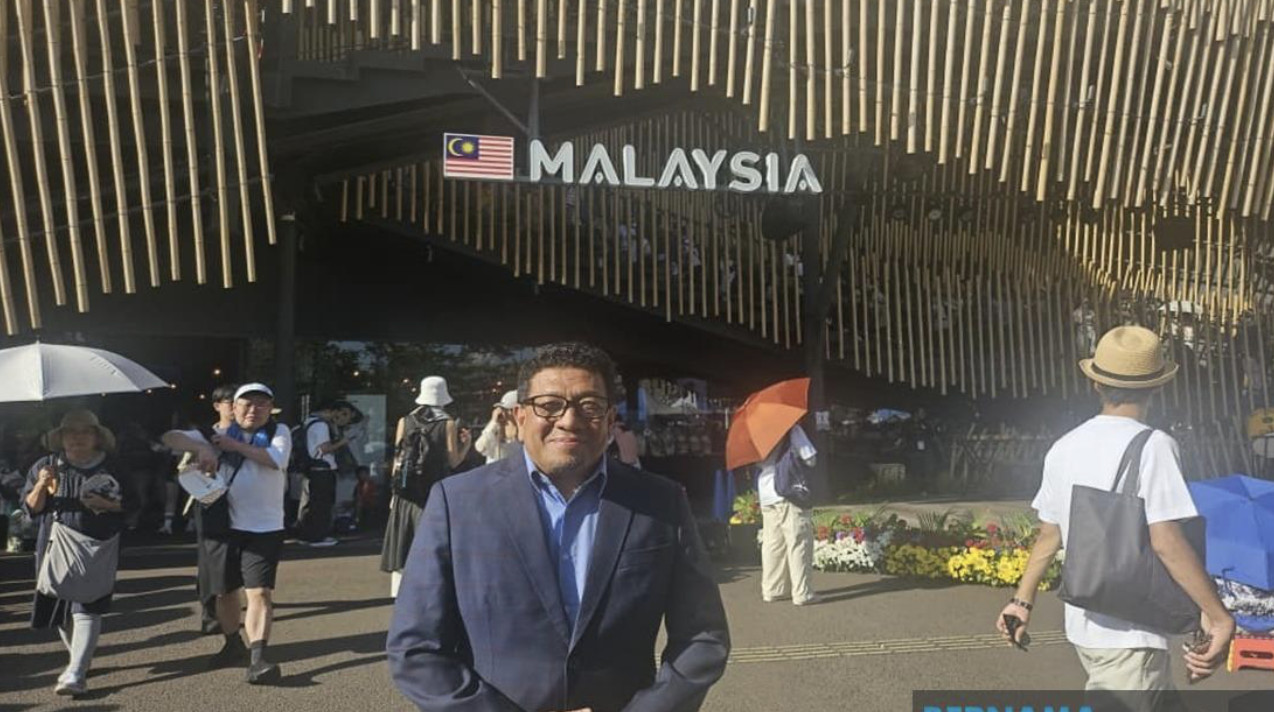







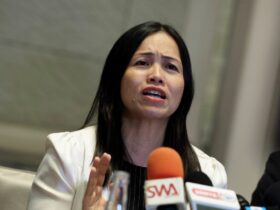

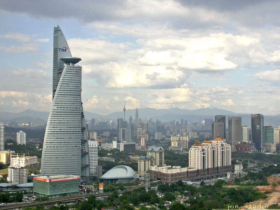


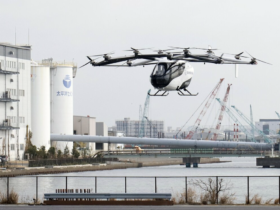


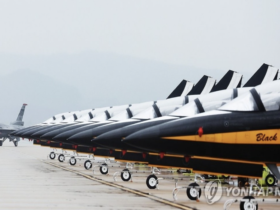

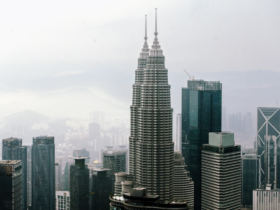

Leave a Reply